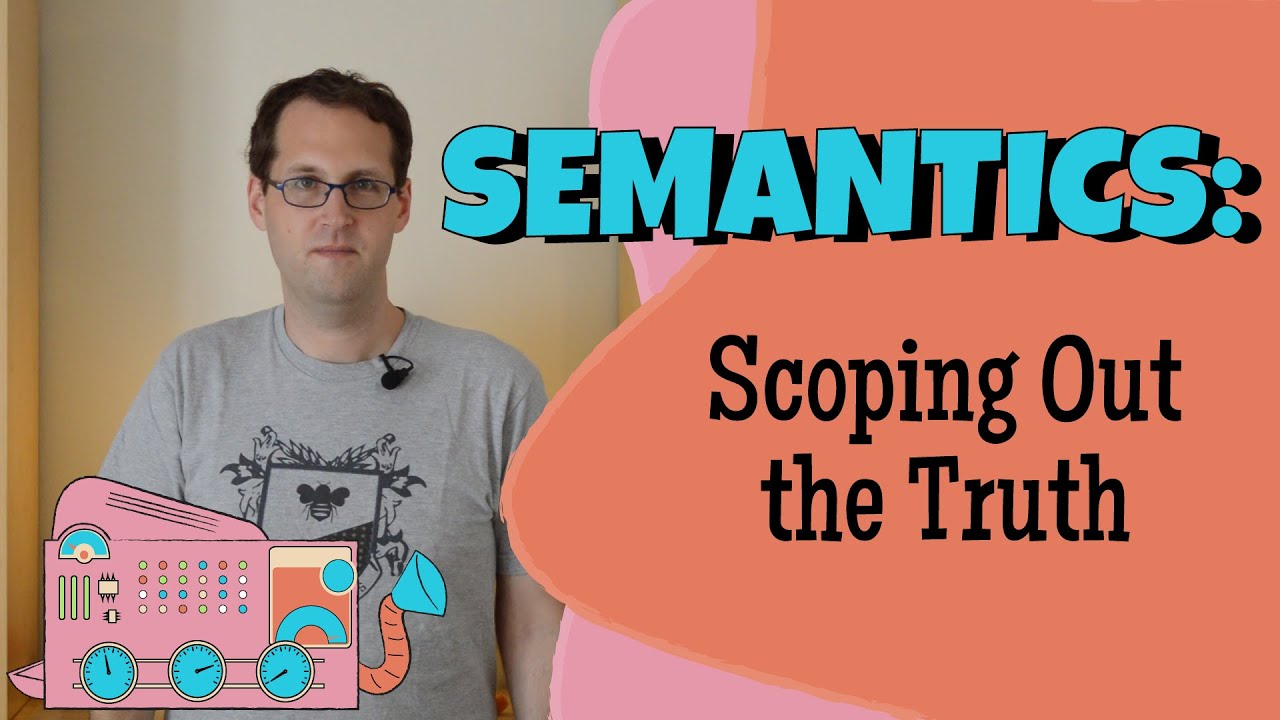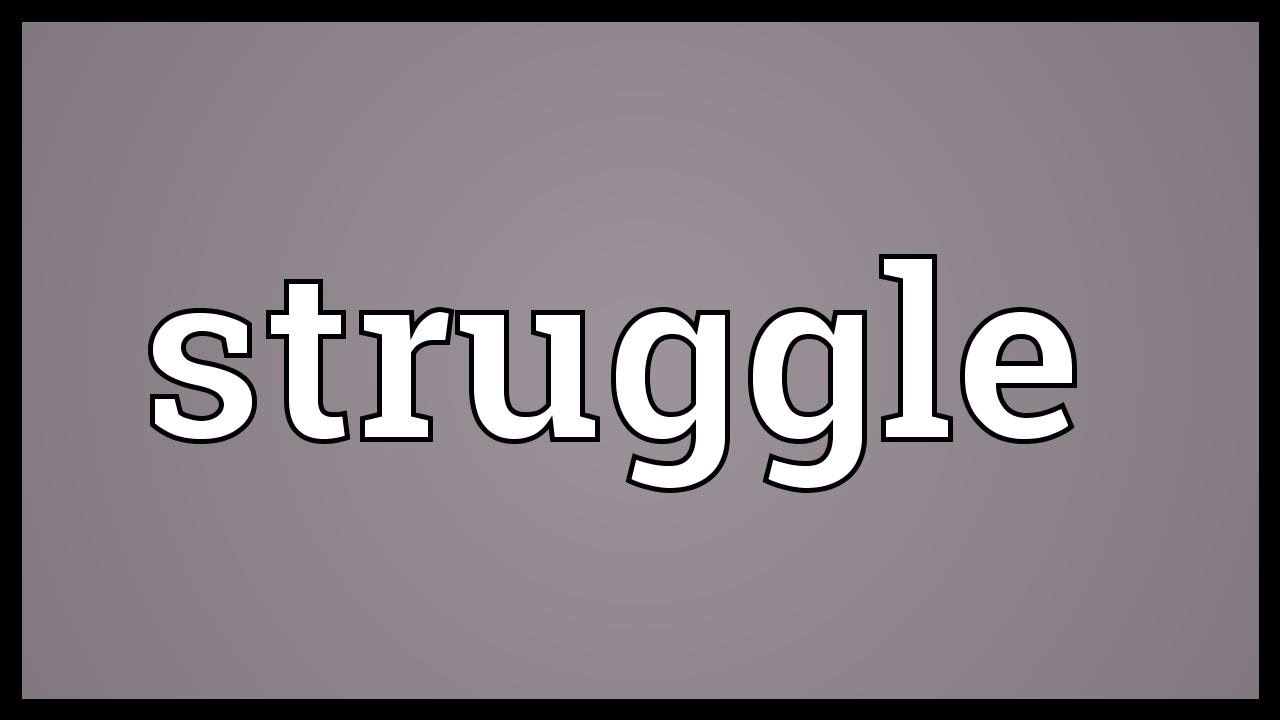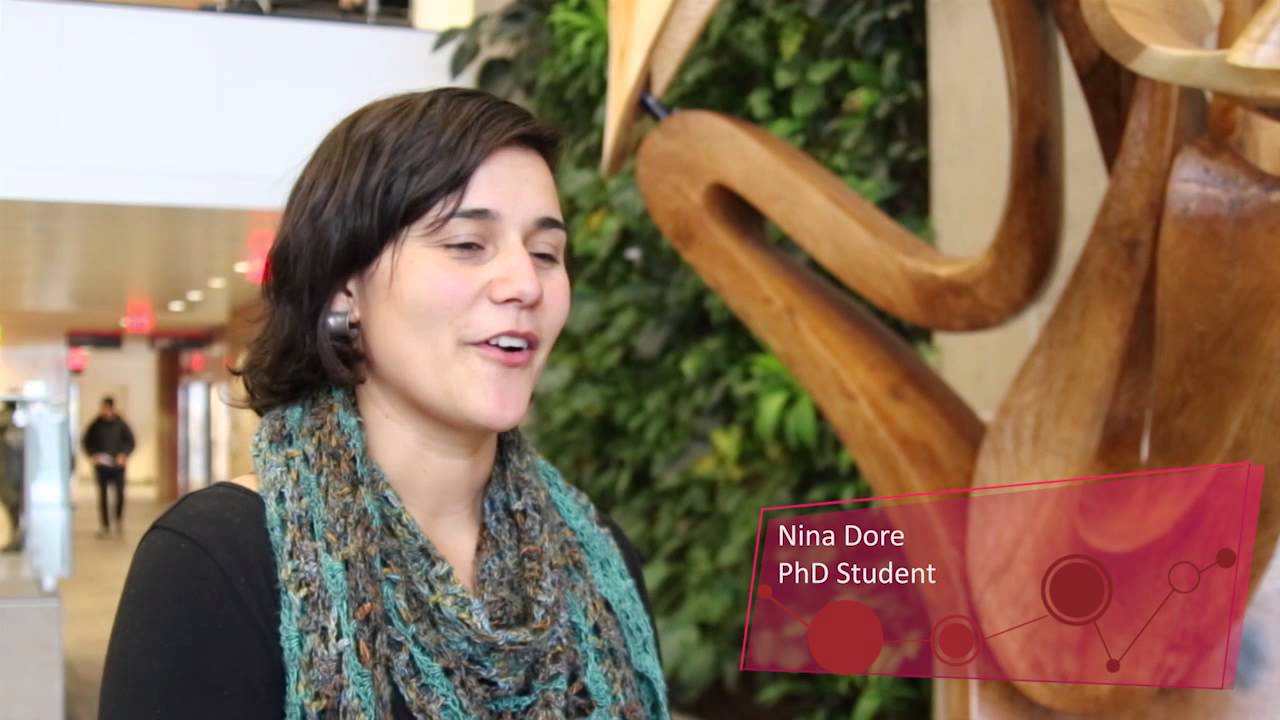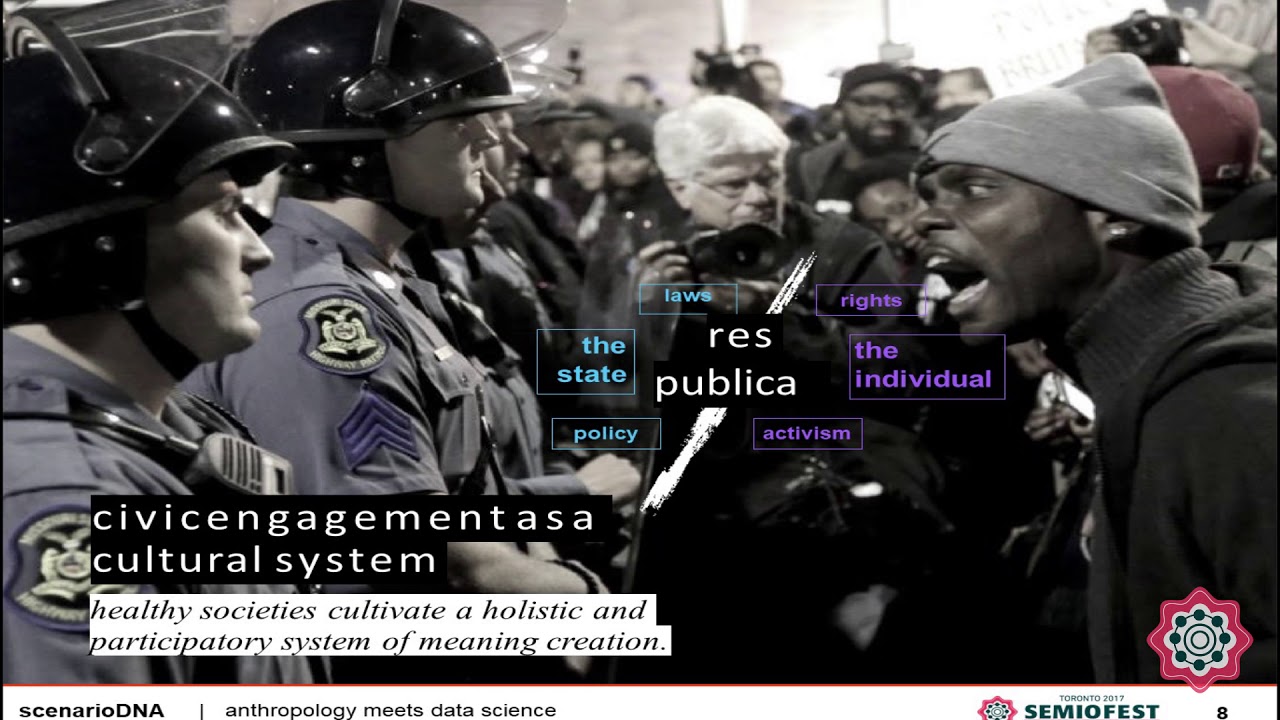The Ling Space
Why do people interpret the same sentence multiple ways? What is it about semantics that leads us to more than one meaning? This week, The Ling Space takes on semantic scope and talks about how the most innocent-seeming words in your sentence are fighting it out to bestow upon you an interpretation where they come out on top, as well as how we avoid being lost in an ambiguous fog all the time.
This is Topic #8!
This week’s tag language: Czech!
Find us on all the social media worlds:
Tumblr: thelingspace.tumblr.com
Twitter: @TheLingSpace
Facebook: www.facebook.com/thelingspace/
And at our website, www.thelingspace.com!
Our website also has extra content about this week’s topic at www.thelingspace.com/episode-8/
We also have forums to discuss this episode, and linguistics more generally!
Looking forward to next week! .




Ahhhh Bee and Key!!!
What about the piece that verbal emphasis plays in it?
Hey! Really a fan of this topic 🙂 One thing that's been bugging me of late is coming across the expression "An experience of a lifetime". I was always under the impression it should be "The experience of a lifetime" or it wouldn't mean anything (because too vague, could have so many of them, so nothing special at all). I never used to hear the former until recently, and I thought the latter was the only one valid as an expression. Is the former one a thing now? Is the language evolution boat passing me by? Please enlighten me!
So is this the reason why people have trouble solving riddles like "The man was afraid to go home because the man with the mask was there"? The most obvious meaning is not the intended one at all.
Thaaaaaaank you for making my BA thesis research easier.
The rules we use to process meaning of sentences (scoping) are really different than the ones for order of operations in math or symbolic logic. Which makes sense, you really need more precision in the latter, but it was interesting for me to discover how we actually do have systems for language to, they just rely on context and rules of conversation covered in a prior video.
Out of curiosity, are there terms for more complex orders of dominance when sentences have three or more quantifiers? Is that even possible?
I didn't think that pennies had hair. I appreciate that u are thinking about this stuff but please realize that every word has multiple meanings.
Logically, "a" has scope over "all" by merit of two facts: 1. "all" quantifies by type, not by token – to quantify by token, it would have to be "each", and 2. both the use of the article "a" and the singular rather than plural inflection make the object explicitly singular. For the alternate interpretation to be logically valid, it would have to be either "Each of Quentin's friends went to a fantasy land", mapping each instance to the object individually, or "All of Quentin's friends went to fantasy lands", making the object explicitly plural. If half of Quentin's friends went to Oz and half to Wonderland, then they didn't all go to a fantasy land, because Oz and Wonderland can not be described collectively as a singular fantasy land. For it to be logically ambiguous whether it's referring to one fantasy land or more than one fantasy land, it would have to be "Each of Quentin's friends went to a fantasy land."
Bottom line: "all" is not distributive, "a" and "land" are singular. Therefore, your argument is invalid.
Not to mention if this sentence was spoken rather then written, it could mean "Fantasy Land" in capitals and might refer to a theme park…
This is a good explanation, but your example doesn't really work for me. The next interpretation I think of is along the lines of "all of Quentin's friends daydreamed", where the scope of "a" isn't an issue. I guess metaphor is ruled out by your initial assertion that we convert sentences into logic, which is fine if you're talking about a model, but not so great if you're talking about peoples actual experience.
just change the sentence to "All his friends went to their own fantasy land" if thats what you want to say, christ.
Thank you for making this channel, it's very helpful! However, I have a question I was hoping someone could help me with. I'm not 100% sure if it has to do with scope or not, but here it is:
Why do we intuitively understand sentences like "every free man and every free woman is a citizen", without having to spell out "every free man is a citizen and every free woman is a citizen"?
Y
On the other hand, if they all went to fantasy lands, that eliminates one possible reading.
"Why don't we feel confused all the time?" That struck me on a level.
Can you tell me what a wide scope vs narrow scope reading would be? I am hoping to do some work on prosody in relation to the Epistemic Containment Principle for my undergrad and something I have found a hard time understanding is scope. I have taken an intro to syntax course where where we learned about Generative Grammar from an A. Carnie textbook, but we didn't touch on scope. I figure you probably covered it in the video without actually using the terms "wide scope" and "narrow scope" , both terms I frequently find in the academic literature but can't seem to get a handle on.
Thanks a lot great job! merci bien
Is language primarily deductive, or would it be abductive, or inductive?
Someone might use terms like signifier in a cultural studies class, or referent in a philosophy class but semantics is really a complex science.
I like this example sentence:
"All Quentin's friends went to a doctor."
The ambiguity upon reflection still exists. But 'a doctor' is a more mundane, everyday thing vs a fantasyland. So this example makes it more readily clear that the peculiarities of a fantasyland (such as not existing) aren't causing the ambiguity.
Linguistics is very interesting, but what is its real usage in the real world?